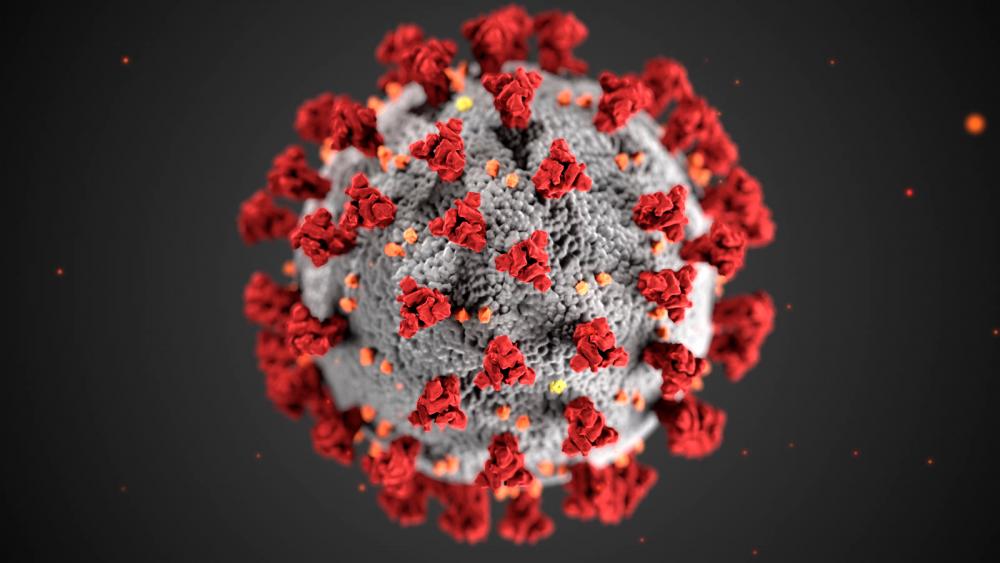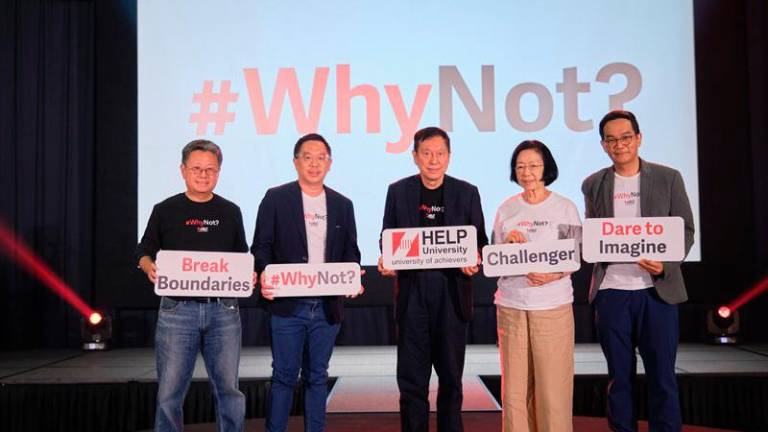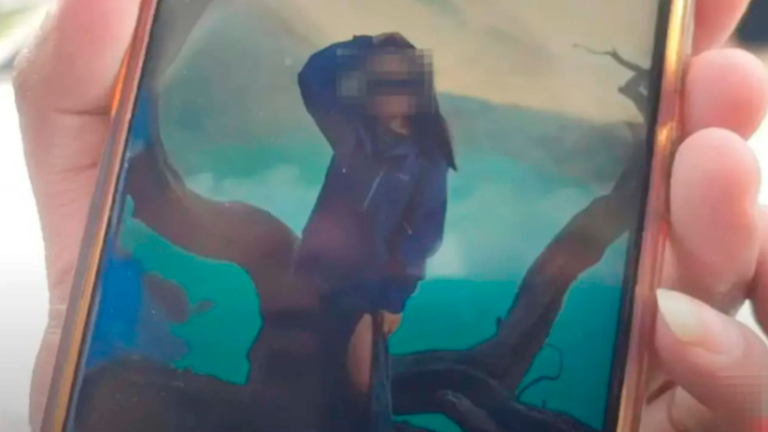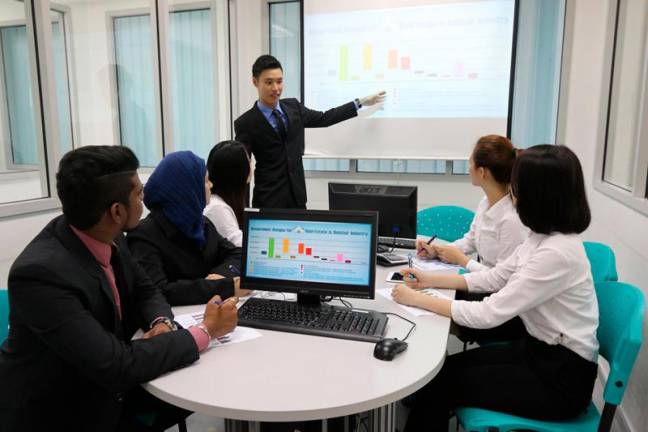KUALA LUMPUR: With themes relevant to the future and post-Covid-19 scenarios, KISAH Futures Competition compiles short stories that can potentially catalyse change for resilience and sustainable social, economic and ecological futures in cities and beyond.
Organised by the United Nations Development Programme (UNDP), in partnership with Think City, Universiti Malaya and Malaysian Industry-Government Group for High Technology, the competition received 700 submissions of short stories in two language categories, English and Bahasa Melayu.
The list of winners was announced in December 2020.
UNDP resident representative for Malaysia, Singapore and Brunei Niloy Banerjee said it was really touching and uplifting to read some of the stories.
Think City Brand, Content and Communications lead Maya Tan said they wanted to learn about the experiences of Malaysians and residents of Malaysia in relation to Covid-19 and to tap into their perspectives of the future.
“This information is crucial for the work we do at Think City because it will inform our work in policy advisory and solutions in making cities better places to live in,” she said.
In the Bahasa Melayu category, Khasrul Hanif Hazirin garnered the first prize of RM3,000; Shafizah Mohd Zangi won the second prize of RM1,500 while Mohamed Afiq Amani took the third prize of RM1,000.
In the English category, Matthew Yap Tuck Mun took home the first prize, Mohd Hafidz Mahpar (second) and Jacie Tan Cheng Hwee (third).
Meanwhile, Mohd Hafidz, 55, who won second place through a short story entitled ‘Close Shave of the Third Kind’, hoped that writing competitions would be held more frequently.
“The idea came about due to two frustrations. Firstly, I was, like many Malaysians, a bit frustrated when I could not get a haircut at the barber shop due to the Movement Control Order.
“Second, subconsciously perhaps I was frustrated by the attitude of certain people who did not think the rules apply to them, like wearing face masks. They wanted to be free to do what they wanted, and did not care whether it would affect others adversely...so, the main character of the story was a bit selfish and egotistical,” said the Bernama economic news service sub-editor. — Bernama














